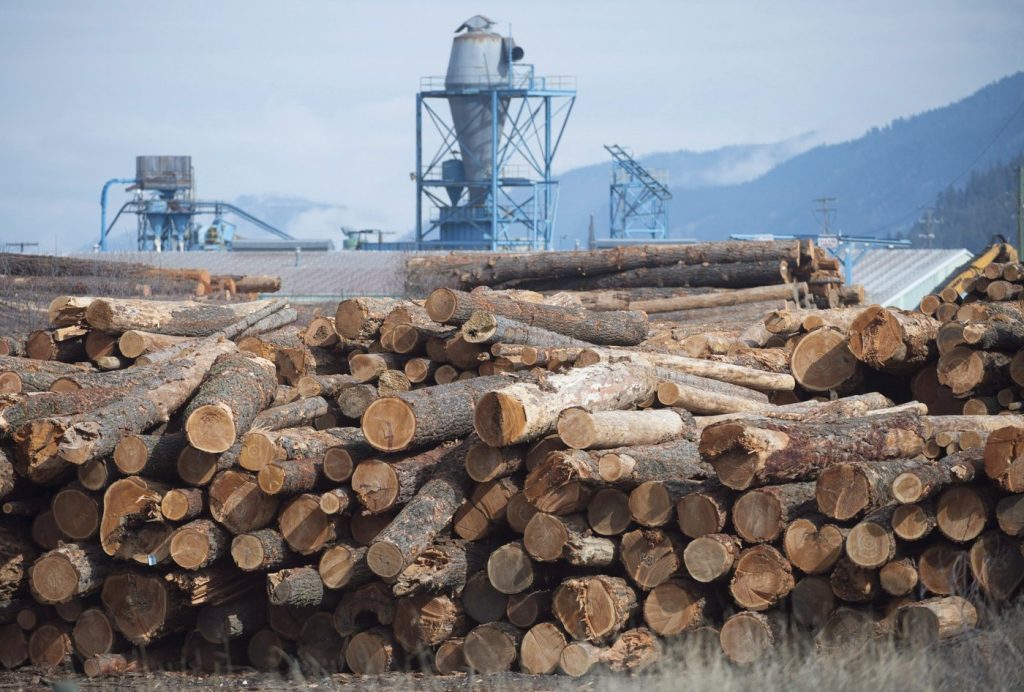27% Levies Loom: Win Big by Backing Canadian Lumber
The U.S. Department of Commerce announced today, March 3, 2025, a preliminary plan to nearly triple anti-dumping duties on Canadian softwood lumber, raising the rate from 7.66% to 20.07%. Combined with existing countervailing duties of 6.74%, total levies could reach nearly 27%—just as U.S. President Donald Trump prepares to impose separate 25% tariffs on all Canadian imports starting tomorrow, March 4, 2025. While this news poses challenges, it’s also your opportunity to rally, innovate, and secure a stronger future for Canada’s forestry sector and beyond.
For you—Canadian forestry workers, businesses, and consumers—this development is a call to action. The BC Lumber Trade Council, led by President Kurt Niquidet, labeled the hike “unjustified,” noting its potential to harm forestry communities in Canada while increasing costs for U.S. homebuilders and consumers. But here’s how you benefit: this moment galvanizes Canada to push back harder against decades-long trade disputes, advocating for fairer policies that protect your jobs and livelihoods. The U.S. claims Canadian lumber is sold below market value and subsidized, a narrative Canada has challenged successfully in past trade rulings, giving you a foundation to demand justice through ongoing appeals under the Canada-U.S.-Mexico Agreement.
You also gain by diversifying markets—exploring opportunities in Asia and Europe can reduce reliance on the U.S., ensuring your industry thrives despite these duties. Trump’s executive orders, signed over the weekend, initiate a national security investigation into lumber imports and aim to boost U.S. timber production, potentially layering more tariffs. Yet, Canada’s planned retaliatory tariffs on $155 billion in U.S. goods signal strength, giving you leverage to support policies that safeguard your economic interests. For consumers, buying Canadian lumber locally can keep costs down as U.S. prices rise, directly benefiting your wallet.
“These trade measures are disappointing, but they fuel our resolve,” Niquidet said. By staying informed and engaged, you can help shape a resilient forestry sector that supports your community for years to come. Visit bclumbertrade.ca for resources on how to advocate and adapt in this evolving trade landscape.

